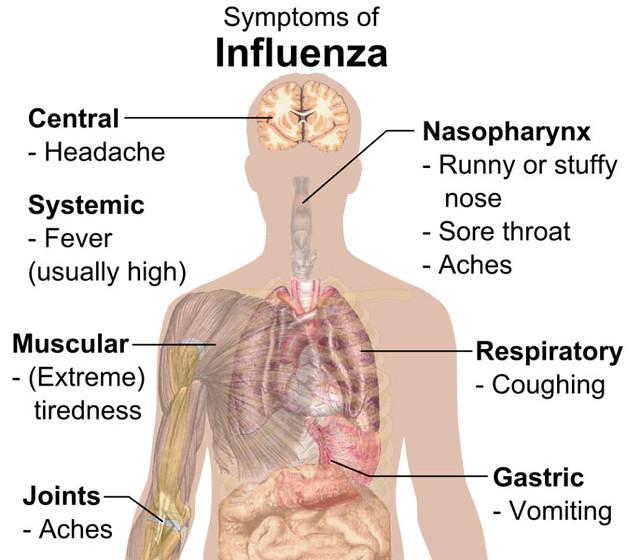
Ovarian cysts are fluid-filled sacs that form in the ovaries. While many ovarian cysts do not cause any symptoms and go away on their own, some women may experience symptoms that can indicate the presence of a cyst. It’s important to be aware of these symptoms and seek medical attention if you are experiencing any of them.
1. Pelvic Pain
One of the most common symptoms of ovarian cysts is pelvic pain. This pain can range from a dull ache to a sharp and severe discomfort. It may be constant or come and go. The pain can be on one side of the abdomen or pelvic area, and it may radiate to the lower back or thighs. If you experience pelvic pain that is not normal for you, it’s important to see your doctor for further evaluation.
2. Bloating
Many women with ovarian cysts experience bloating, which can make the abdomen feel full, tight, or swollen. This symptom is often mistaken for regular menstrual bloating, but if it is persistent and not related to your menstrual cycle, it may be a sign of an ovarian cyst. If you notice unexplained bloating that lasts for more than a few weeks, it’s important to consult with a healthcare professional.
3. Changes in Menstrual Cycle
Ovarian cysts can cause changes in your menstrual cycle, such as irregular periods, heavier or lighter bleeding than usual, or spotting between periods. If you notice any sudden changes in your menstrual cycle, it’s important to discuss them with your healthcare provider to rule out any potential underlying causes, such as ovarian cysts.
4. Pain During Intercourse
Some women with ovarian cysts may experience pain during sexual intercourse. This can be due to the cyst putting pressure on the pelvic area or causing discomfort during penetration. If you are experiencing pain during intercourse that is not normal for you, it’s important to bring this to the attention of your doctor.
5. Difficulty Emptying the Bladder
Large ovarian cysts can press against the bladder, causing difficulty with urination and the constant need to urinate. If you are experiencing changes in your urinary habits, such as feeling the need to urinate more frequently or having difficulty emptying your bladder, it’s important to seek medical evaluation.
6. Nausea and Vomiting
Ovarian cysts can cause nausea and vomiting, particularly if they become twisted or rupture. If you are experiencing unexplained nausea and vomiting along with other symptoms such as pelvic pain and bloating, it’s important to seek medical attention promptly.
7. Weight Gain
Some women with ovarian cysts may experience unexplained weight gain. This can be due to the presence of a large cyst that is putting pressure on the abdomen or causing hormonal changes. If you notice sudden and unexplained weight gain, it’s important to discuss this with your healthcare provider.
8. Breast Tenderness
Ovarian cysts can cause hormonal changes that may result in breast tenderness or changes in breast size. If you are experiencing breast symptoms along with other potential signs of ovarian cysts, it’s important to seek medical evaluation to rule out any underlying causes.
9. Fatigue
Sometimes, ovarian cysts can cause fatigue and lack of energy. This can be due to hormonal changes or the presence of a large cyst that is causing discomfort or pain. If you are experiencing unexplained fatigue along with other symptoms, it’s important to discuss this with your healthcare provider.
10. Constipation
Ovarian cysts can put pressure on the intestines, leading to constipation and difficulty with bowel movements. If you are experiencing persistent changes in your bowel habits, such as constipation, it’s important to seek medical evaluation to determine the underlying cause.
Overall, it’s important to be aware of these potential symptoms of ovarian cysts and seek medical attention if you are experiencing any of them. While ovarian cysts are often benign and resolve on their own, they can sometimes cause complications that require medical intervention. By staying vigilant and seeking prompt evaluation, you can ensure that any potential ovarian cysts are diagnosed and managed appropriately.












